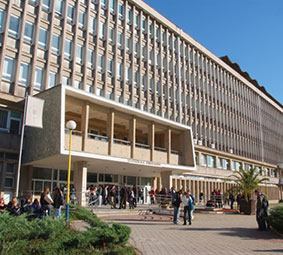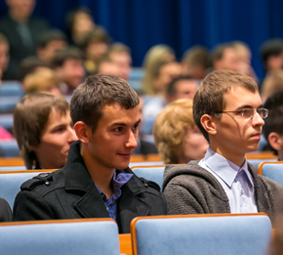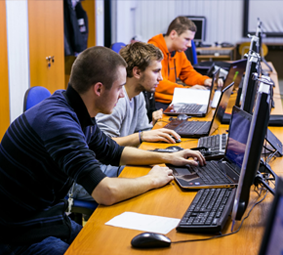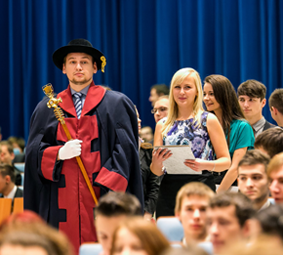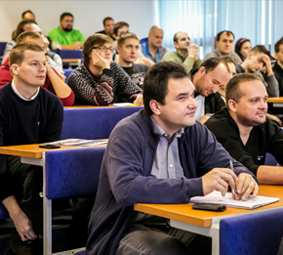A lecture by Alessandro Buratto, a PhD student from the University of Padova, Italy
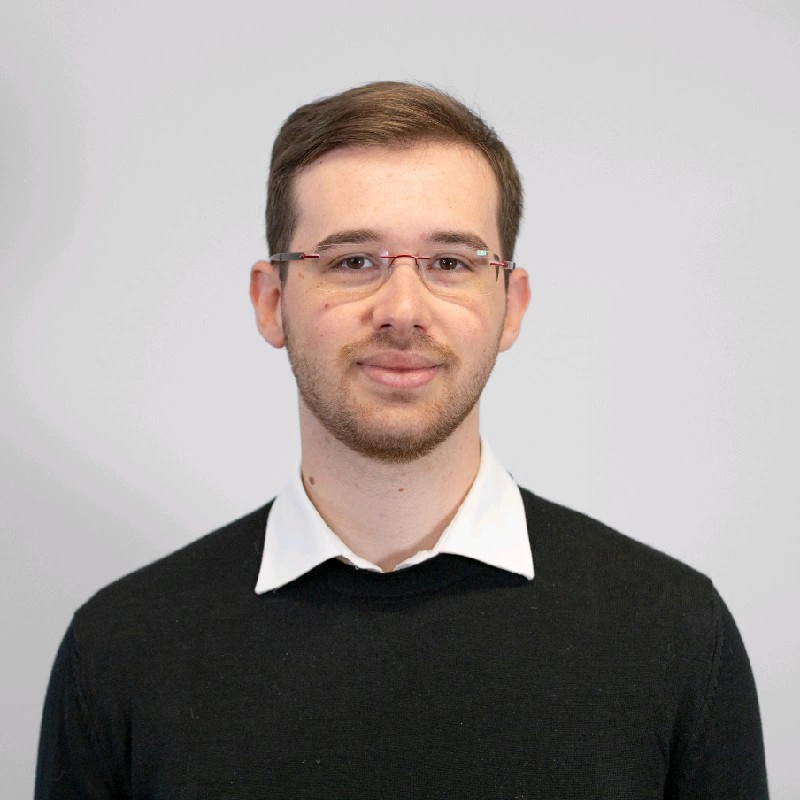
We are delighted to announce that Alessandro Buratto will be delivering a guest lecture on his cutting-edge research. Mr. Buratto has been engaged in a joint research initiative with Matúš Dopiriak, a PhD candidate from IISLab, under the supervision of prof. Juraj Gazda. This collaborative effort began during their internships with prof. Marco Levorato at the University of California, Irvine (UCI).
Mr. Buratto has graciously accepted the invitation from Vice-Rector, prof. Juraj Gazda, to share insights into his ongoing work. Don't miss this opportunity to learn about the latest developments in their collaborative research!
Further details regarding the lecture time, location, and the lecturer's specific research focus are provided below.
Location: Meeting room, Park komenského 6 (PK6) Date: 01.09.2025 at 11am.
Title: Spatio-Temporal Information Freshness for Remote Source Monitoring in IoT Systems
Abstract: The age of information (AoI) has established itself as a key metric for assessing information freshness in Internet of Things (IoT) systems. While much of the existing research focuses on temporal aspects, spatial correlation in environmental monitoring remains largely unexplored due to its inherent modeling complexity. This work introduces a spatio-temporal framework for information freshness, where uncertainty is quantified through conditional entropy in a remote monitoring scenario, such as low-orbit satellites collecting data over large geographical regions. The source process is modeled as a discrete-time Markov chain, and different receiver strategies are analyzed, including a memoryless receiver that tracks only the latest update and a Hidden Markov Model (HMM)-based receiver capable of exploiting the full observation history. The framework further accounts for heterogeneous reliability across spatial zones, optimizes per-zone transmission probabilities, and incorporates location-aware reception to refine state estimation. In addition, a multi-symbol source process is considered, broadening the applicability beyond binary states. Analytical and simulation results show that conventional AoI-driven policies lead to overly broad communication ranges, reducing accuracy and increasing energy consumption, whereas the proposed spatio-temporal schemes achieve more precise and energy-efficient monitoring.
Bio: Alessandro Buratto is a PhD Student in Information Engineering at the University of Padua under the supervision of prof.Leonardo Badia. He received the Bachelor's degree in Information Engineering and the Master's degree in Telecommunications Engineering from the same University in 2020 and 2022 respectively. In 2025 he was a visiting research scholar at UC Irvine and visiting researcher at the German Aerospace Center (DLR). His research interests include Distributed Optimization for Participatory Sensing scenarios, Age of Information, Game Theory and Online Domain Adaptation.

